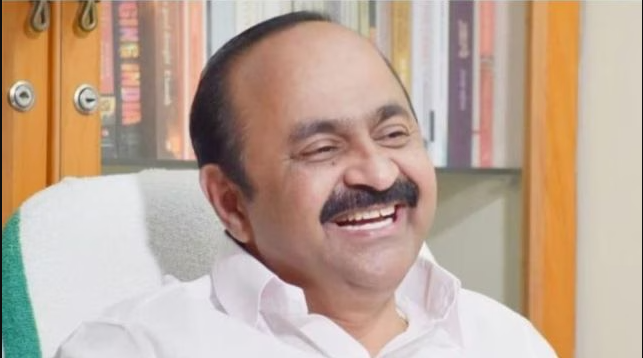ADQ to acquire majority stake in fresh fruit company Unifrutti
- thisisadviksingh
- Mar 31, 2022
- 2 min read
Abu Dhabi-based investment and holding company ADQ agreed to acquire a majority stake in fresh fruit producer and distributor Unifrutti Group, further expanding its food and agriculture portfolio.

The size and value of the deal was not disclosed. ADQ will acquire the stake from existing shareholders, it said in a statement on Thursday.
“We are developing our food and agriculture portfolio with the aim of generating strong financial returns while bolstering food resilience in the UAE," Gil Adotevi, executive director of Food and Agriculture at ADQ, said.
"Our investment in Unifrutti would enable ADQ to develop a global platform for fresh produce that complements our other portfolio companies throughout the food value chain. We believe our long-term strategic investment will help accelerate Unifrutti’s next phase of growth."
Unifrutti produces, trades and distributes more than 100 varieties of fresh produce including apples, bananas, cherries, grapes and citrus fruits.
It sells approximately 560,000 tonnes of fresh fruit annually across 50 countries and operates more than 14,000 hectares of farms across Chile, the Philippines, South Africa, Italy, Spain and Argentina.
ADQ, which has a broad portfolio of investments spanning sectors including energy, utilities, health care, mobility and logistics, is boosting its food and agriculture portfolio.
It has investments in Louis Dreyfus Company, a vertically integrated food, feed, fibres and ingredients company, as well as Abu Dhabi-based fresh produce and agri-tech company Silal, agribusiness firm Al Dahra Holding and Agthia Group.
In August, ADQ also said it plans to start a new venture in Al Ain to increase the production of fresh fruits and vegetables in the UAE. ADQ will team up with three agriculture specialists to develop and operate greenhouse units within the new AgTech Park at Al Ain Industrial City, with an annual production capacity of 39 kilo-tonnes.
Globally, it is estimated that $200 billion of investment is required annually until 2050 to meet the food supply and demand gap, ADQ said in a whitepaper.
The UAE, which has embarked on the National Food Security Strategy 2051, has been investing heavily to generate sustainable local food production to reduce imports and is adopting technologies such as artificial intelligence and robotics to meet long-term market demands.
"To cultivate the future of food in the UAE, we invest in local production as well as international supply chain interconnectivity," Mr Adotevi said in the whitepaper.
"Establishing thriving and new international connections to our food supply chain is one way we can play a critical role in strengthening the UAE’s food system."



Comments